柴可夫斯基背后的集团力量
- 2021-05-31 16:51:20
- 点赞量:7467
- 点击量:91298
- 作者:秘书处Secretary's Office
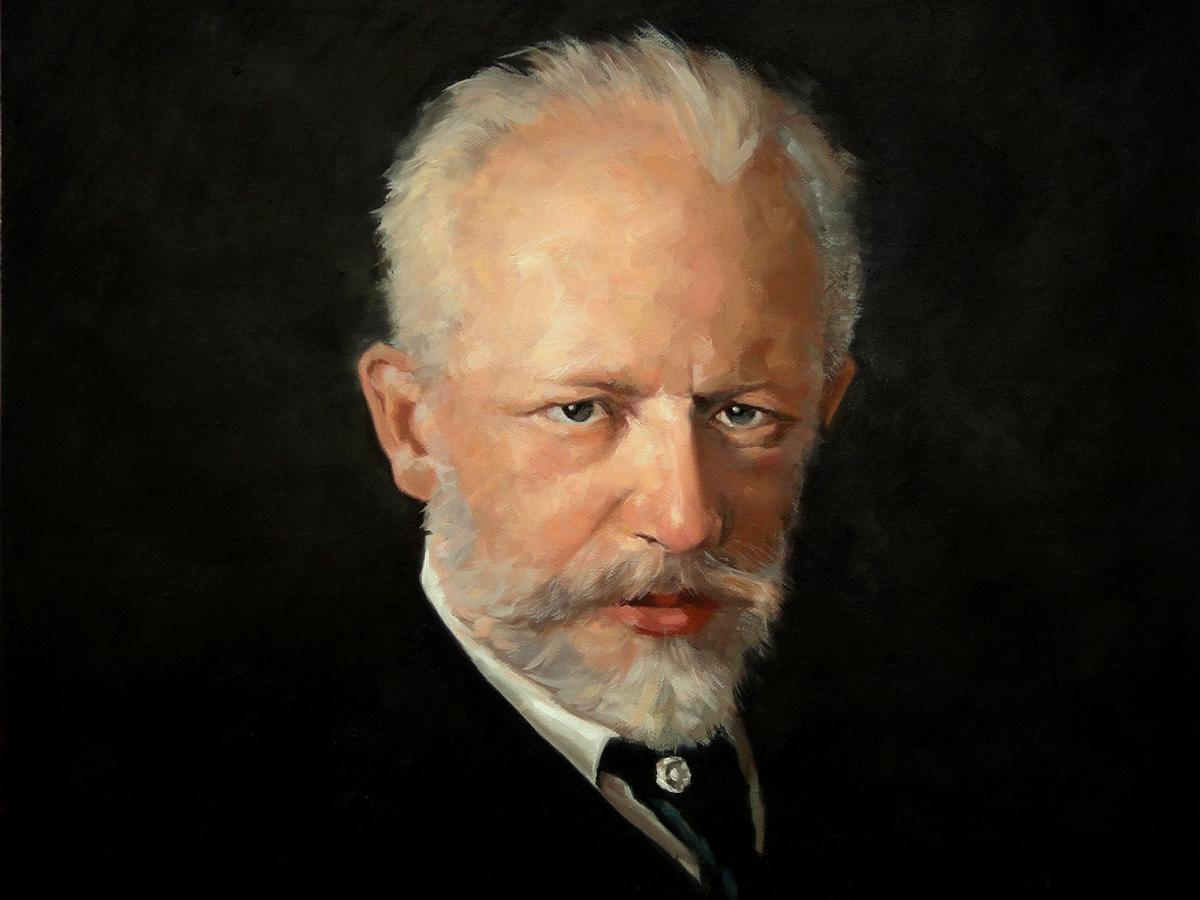
俄罗斯历史:柴科夫斯基背后的“集团力量”
Russian history: the "group power" behind Tchaikovsky
关键词:《伊凡·苏萨卡》、柴科夫斯基离开莫斯科
Key words: Ivan sousaka, Tchaikovsky leaving Moscow
前因:
Antecedents:
格林卡的歌剧《伊凡·苏萨卡》首演:公元1836年,俄国作曲家格林卡的歌剧《伊凡·苏萨卡》在圣彼得堡首演,这被视为第一部俄罗斯民族歌剧,格林卡也被称为俄国交响乐的奠基人。
The first performance of the opera Ivan susaka by greenca: in 1836, the Russian composer, Ivan susaka, premiered in St. Petersburg, which was regarded as the first Russian national opera, and greenca was also known as the founder of Russian Symphony.

▲作曲家格林卡
▲ composer greenback
后果:
consequence:
柴科夫斯基离开莫斯科:公元1877年,俄罗斯作曲家柴科夫斯基离开莫斯科,开始到国外旅居。这是柴科夫斯基音乐生涯的转折年,原本经常出现在他作品里的俄罗斯民间曲调,变得越来越少。
Tchaikovsky left Moscow: in 1877, Russian composer Tchaikovsky left Moscow and began to travel abroad. This is a turning year of Tchaikovsky's music career. The Russian folk tunes that were often used in his works have become less and less.
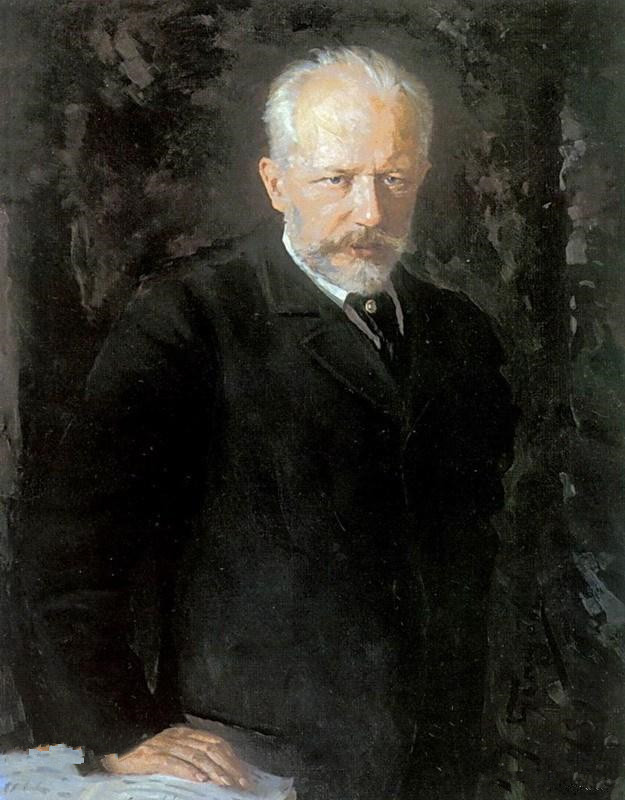
▲彼得·伊里奇·柴可夫斯基(1840年5月7日—1893年11月6日)
▲ Peter elidge Tchaikovsky (May 7, 1840-november 6, 1893)
详细过程
Detailed process
一、创立音乐团体
1、 Creating music groups
公元1868年,柴科夫斯基结识俄罗斯音乐协会指挥巴拉基列夫,开始和代表俄罗斯民族乐派的“强力集团”来往,集中以俄罗斯民间音乐为素材进行创作。
In 1868, Tchaikovsky met with the Russian Music Association to direct Balakirev, and began to communicate with the "powerful group" representing the Russian national music school, focusing on Russian folk music as the material for creation.
强力集团是俄罗斯的一个音乐创作小团体,以俄罗斯音乐协会指挥巴拉基列夫为首,一共五人,都是俄罗斯民族乐派的领军人物。
The powerful group is a small music creation group in Russia. It is led by the Russian Music Association, Balakirev, with five people in total, all leading figures of Russian national music school.
当时的俄国正处于改革的时期,沙皇亚历山大二世废除农奴制,设立议会,试图使俄国走上近代化的道路。
Russia was in the period of reform at that time. The Tsar Alexander II abolished serfdom and set up Parliament, trying to make Russia go on the road of modernization.
俄罗斯音乐界受此影响,变得非常活跃,开始排斥宫廷内流行的意大利音乐,主张挖掘俄罗斯民族元素,创作俄罗斯人的音乐,强力集团应运而生。
Influenced by this, Russian music has become very active, and began to exclude Italian music popular in the court, advocated to dig Russian national elements and create Russian music. The powerful group came into being.
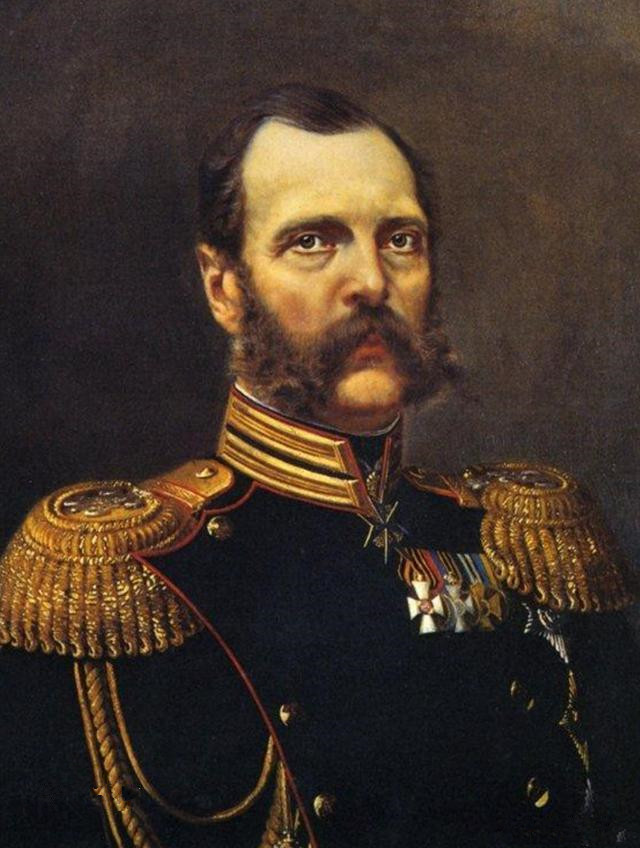
▲亚历山大二世·尼古拉耶维奇(1818年4月29日—1881年3月13日)
▲ Alexander II Nicolaevich (April 29, 1818-march 13, 1881)
二、音乐剧的形成
2、 The formation of musical
1865年,柴科夫斯基应邀到莫斯科音乐学院执教。在他驻留莫斯科期间,受到了强力集团很深的影响。柴科夫斯基早期的重要作品《罗密欧与朱丽叶幻想序曲》,就是在巴拉基列夫的提议下创作的。
In 1865, Tchaikovsky was invited to teach at Moscow Conservatory of music. During his stay in Moscow, he was deeply influenced by the strong group. The early important work of Tchaikovsky, Romeo and Juliet Fantasy prelude, was created under the proposal of Balakirev.
而且巴拉基列夫给柴科夫斯基写下乐谱的大纲,提醒他必须要表现斗剑的场面,连定什么调都做了要求。整首乐曲几乎是在巴拉基列夫手把手的指导下完成的。
And Balakirev wrote a syllabus of the score to Tchaikovsky, reminding him that he had to show the scene of fighting swords, and made demands for any tone. The whole piece was almost done under the guidance of Balakirev's hand.
柴科夫斯基完成初稿,拿给巴拉基列夫看时,受到了后者的批评。巴拉基列夫说这曲子跟他期待的差得太远,有股小市民的味道,不够庄重。
When Tchaikovsky finished the first draft and showed it to Balakirev, he was criticized by the latter. Balakirev said the song was too far from what he expected, and had a taste of small citizens, which was not solemn enough.
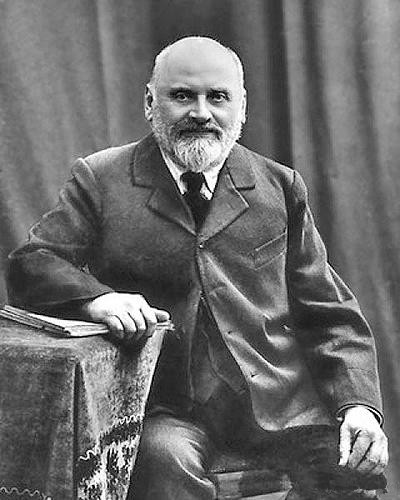
▲米利·阿历克谢耶维奇·巴拉基列夫(1837-1910)
▲ Miley aleksheyevich Balakirev (1837-1910)
柴科夫斯基只好拿回去继续修改。这首交响曲完成并上演之后,艺术评论家斯塔索夫对巴拉基列夫说,强力集团现在不是五个人,是六个人了,足见巴拉基列夫对柴科夫斯基的影响有多大。
Tchaikovsky had to take it back and continue to revise it. After the symphony was completed and staged, art critic stasov told Balakirev that the powerful group is not five now, it is six, which shows how much Balakirev has on Tchaikovsky.
柴科夫斯基此后的创作,与强力集团的理念一脉相承,取材于俄罗斯民间音乐,经常是把旋律直接应用在作品里。
The creation of Tchaikovsky since then is in line with the idea of powerful group, which is based on Russian folk music, and often directly applies melody to works.
比如说创作《如歌的行板》,主题就是一首民歌,是柴科夫斯基到乌克兰(当时是俄罗斯帝国领土)探望妹妹时,从当地一个泥瓦匠那里听来的。大文豪托尔斯泰曾经被这首曲子感动得流泪。
For example, the theme of writing "the jargon of songs" is a folk song, which was heard by a local bricklayer when Tchaikovsky visited his sister in Ukraine (then the territory of the Russian Empire). Tolstoy, the great literary hero, was once moved to tears by the song.
再比如说,柴科夫斯基用了一年的时间,将五十首俄罗斯民歌改编成了钢琴二重奏。这都说明他对俄罗斯民间音乐的发掘是不遗余力的。然而,柴科夫斯基和强力集团还是发生了分歧。
For example, it took Tchaikovsky a year to adapt 50 Russian folk songs into piano duets. All of this shows that he has spare no effort in the excavation of Russian folk music. However, there was a divergence between Tchaikovsky and the strong group.
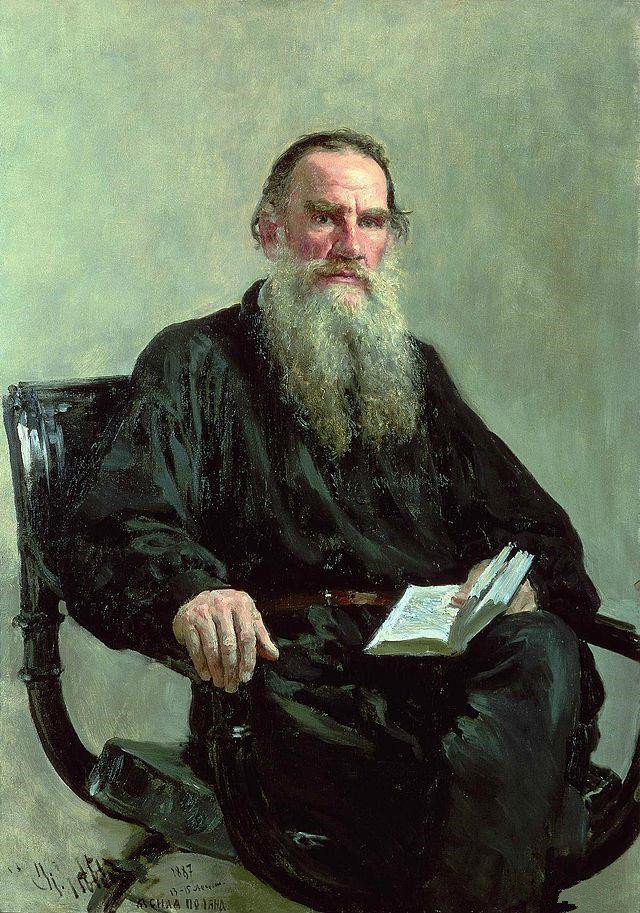
▲列夫·尼古拉耶维奇·托尔斯泰(1828年9月9日-1910年11月20日)
▲ Lev Nikolayevich Tolstoy (September 9, 1828-november 20, 1910)
三、创造神仙交响乐
3、 Creating the symphony of gods
1873年,柴科夫斯基的《第二交响曲》首演,反响热烈,强力集团之一的居伊却提出了批评。居伊说这首交响曲有不少地方冗长陈腐,是“俄罗斯民歌和西欧技法令人不快的混合”。
In 1873, Tchaikovsky's Symphony II premiered, and the response was warm, but Jui, one of the powerful groups, put forward criticism. Jui said the symphony was a "unpleasant mix of Russian folk songs and Western European techniques" because of its long and old habits.
居伊的批评给柴科夫斯基泼了一盆凉水,导致这首曲子前前后后一共修改了七年才最终定稿。这件事也暴露了柴科夫斯基和强力集团之间的理念不合。
The criticism of Jui poured a cold water on Tchaikovsky, which resulted in the previous and later revisions of the song for seven years before the final draft. It also exposed the idea of the chakovsky and the strong group.
首先,柴科夫斯基创作只为作品质量服务,而强力集团坚决抵制西欧音乐的影响。强力集团认为西欧德意志、意大利的音乐,都是受俄国上流社会追捧的,必须要摆脱其影响,这也和当时俄国社会反对沙皇专制统治的意识有关。
First, Tchaikovsky only works for the quality of service, while the strong group resolutely resist the influence of Western European music. The strong group believes that the music of Germany and Italy in Western Europe is all sought after by the Russian upper class society, and must be rid of its influence, which is also related to the Russian society's consciousness of opposing the autocratic rule of the czar.
柴科夫斯基对此并不认同,他只想写出美的音乐,还写文章批评强力集团实行激进的改革,本质上是一种无知。
Tchaikovsky did not agree with this. He only wanted to write beautiful music, and he also wrote articles criticizing the radical reform of the powerful group, which is essentially ignorance.
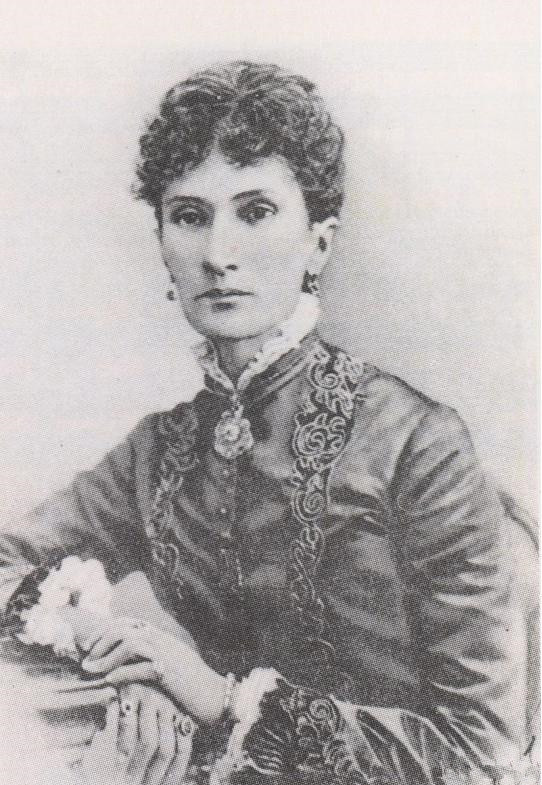
▲梅克夫人是柴科夫斯基晚年的密友兼资助者。
Mrs. MEK is a close friend and supporter of Tchaikovsky in his later years.
其次,柴科夫斯基出身学院派,而强力集团反对学院训练。柴科夫斯基毕业于俄罗斯第一所音乐学院圣彼得堡音乐学院,又是莫斯科音乐学院最年轻的教授之一。强力集团则把音乐学院视为沙皇和贵族的学术垄断。
Secondly, Tchaikovsky was born in a college school, while the strong group opposed the training of the college. Tchaikovsky graduated from St. Petersburg Conservatory of music, Russia's first Conservatory of music, and one of the youngest professors at Moscow Conservatory of music. The powerful group regards the Conservatory of music as the academic monopoly of Czar and aristocracy.
1877年,柴科夫斯基离开莫斯科之后,明显更加偏向于走自己的艺术道路,不再局限于体现俄罗斯的民族性。当年在巴拉基列夫指导下完成的《罗密欧与朱丽叶幻想序曲》,也被他按照自己的想法进行了改写。
In 1877, after leaving Moscow, Tchaikovsky obviously preferred to take his own artistic path, and was no longer limited to the embodiment of Russian nationality. The preface to Romeo and Juliet Fantasy, which was completed under the guidance of Balakirev, was rewritten by him according to his own ideas.
理念之争并没有影响柴科夫斯基和强力集团的友谊。巴拉基列夫后来因为宣传进步思想,被迫辞去俄罗斯音乐协会的职务,柴科夫斯基还公开发表文章,声援巴拉基列夫。而且直到今天,柴科夫斯基也是研究俄罗斯民族乐派绕不开的人物。
The idea dispute did not affect the friendship between Tchaikovsky and the strong group. Balakirev was forced to resign from the Russian music association because of his propaganda of progressive ideas. Tchaikovsky also published an article in public to support Balakirev. And until today, Tchaikovsky is also a person who can not be separated from the study of Russian national music.
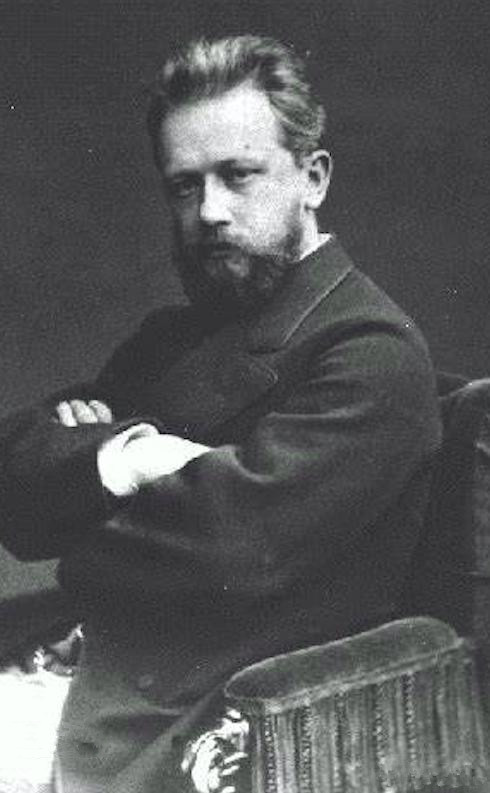
▲33岁时的柴可夫斯基
Tchaikovsky at 33
结论:
Conclusion
柴科夫斯基受强力集团影响,集中创作了一批以俄罗斯民间音乐为主题的作品,促进了俄罗斯民族乐派的发展,是19世纪中期俄国社会追求个性解放的艺术体现。
Influenced by the powerful group, Tchaikovsky concentrated on creating a number of works with Russian folk music as the theme, which promoted the development of Russian national music school, and was the artistic embodiment of Russian society pursuing individual liberation in the mid-19th century.
【参考资料】:《伊凡·苏萨卡》、《罗密欧与朱丽叶幻想序曲》、《第二交响曲》
[reference]: Ivan susaka, Romeo and Juliet Fantasy prelude, Symphony II

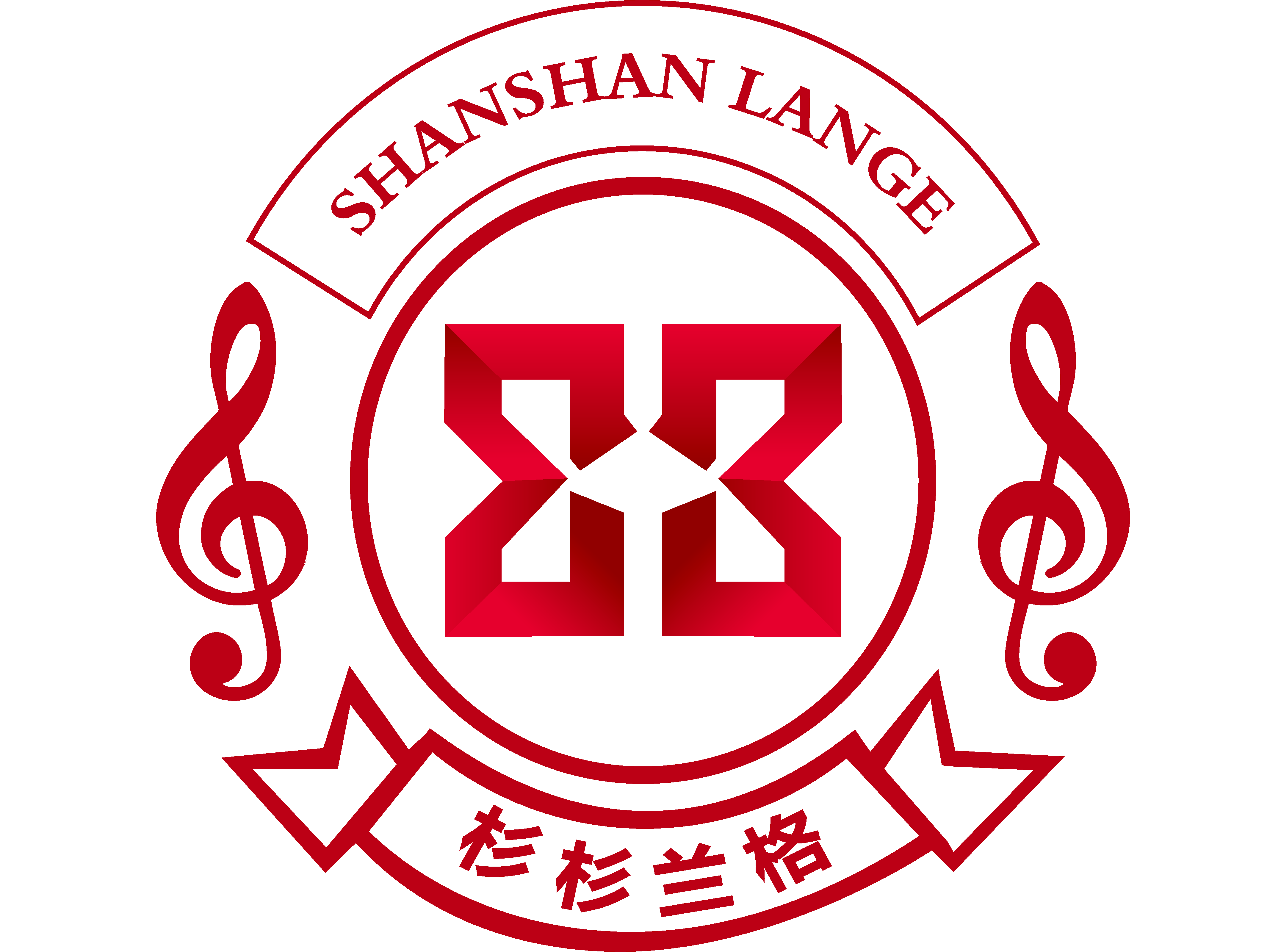
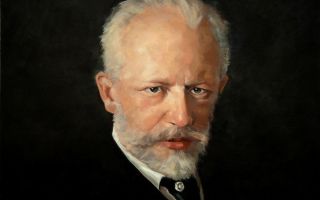
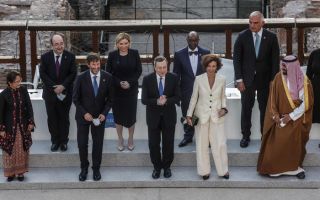


0 条 评 论 Write a Response